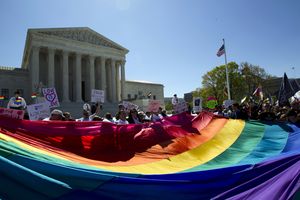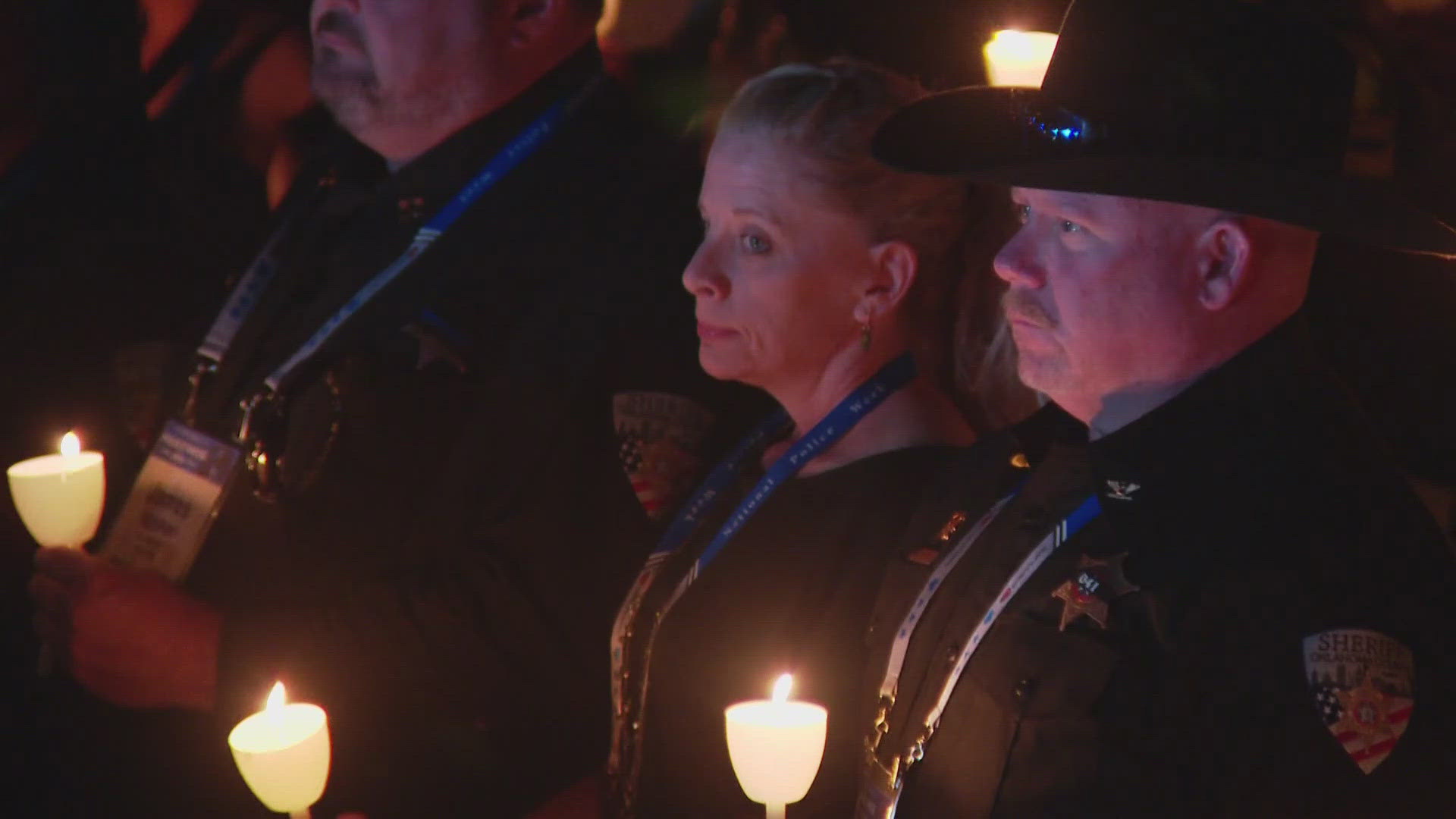There have been several legal milestones in the LGBT community in the last few years. Here’s a list of six things that have changed in the last six years:
1. 2010 - Don’t Ask, Don’t Tell Repealed—President Obama signed bipartisan legislation to repeal Don’t Ask, Don’t Tell, a discriminatory policy which prohibited gay and lesbian men and women from serving in the Armed forces. Its repeals allows Americans to serve openly without fear of dismissal.
2. 2010—Health Care Insurance Discrimination Prevented—The Affordable Care Act was signed into law in March 2010, under this law, insurers could no longer turn away people just because of their sexual orientation or gender-identity.
3. 2012—Housing Discrimination Prohibited—President Obama signed a final rule that ensured that the Government housing programs and services are open to all regardless of sexual orientation or gender identity.
4. 2013—Same-sex Marriage Ban deemed unconstitutional—In a 5-4 vote, the Supreme Court ruled the Defense of Marriage Act, which defined marriage as only between a man and woman, as unconstitutional.
5. 2014--Workplace Discrimination Prevention Executive Order: An Executive Order was signed by President Obama, preventing federal contracts from discriminating against any job candidate or employee because he or she is lesbian, gay, bisexual, or transgender.
6. 2015—Same-sex marriage legalized nationwide—The Supreme Court ruled that sex-marriage is a constitutional right in a 5-4 vote on June 27, 2015, a historic day for gay rights.
“I find that the progress that we have made recently is definitely laying the foundation for the steps we can take in the near future,” said Liz Shumpert, Local LGBT Activist and member of the transgender community. “I think that it has given me a huge sense of what possibilities we do have on a federal level to make progress,” she said.
There’s been other progress for the LGBT Community outside of the legal system, like more diverse representation of the community. More people have come out as LGBT, shaping how other view the movement and helping people see the community in a more accurate way, said Shumpert.
“We are now having conversations in the public eye that I didn’t feel like I could have in my close friend groups a few years ago. That has been one of the most impactful representations of the progress that we have made for me,” she said.

Shumpert is bi-gender, meaning she uses she/her/hers and he/him/his pronouns. For this article, she gave permission for us to use she/her/her pronouns.


